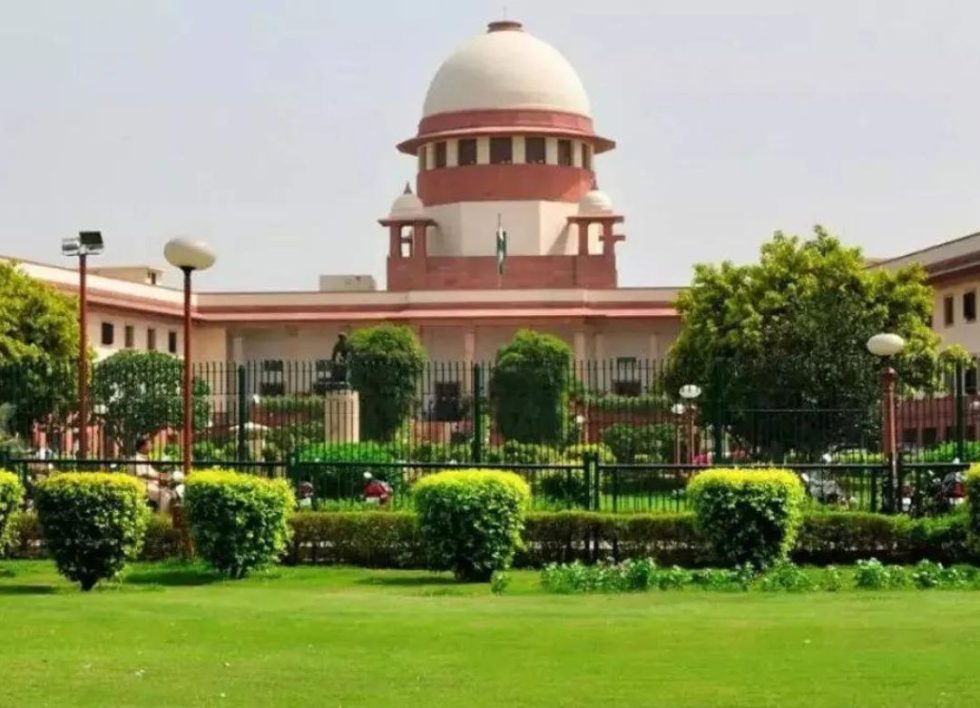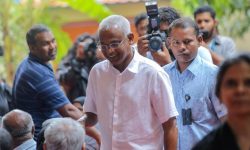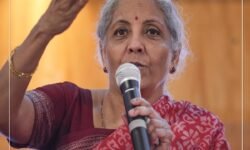
Chief Justice of India, D.Y. Chandrachud has established a panel comprising entirely of women to address the violence-stricken region of Manipur. The panel will be composed of three former High Court judges, headed by Justice Gita Mittal. The primary objective of the panel is to bring healing and relief to the affected area in Manipur. It will be responsible for supervising relief and rehabilitation efforts, rebuilding homes and places of worship, and enhancing overall relief work in the violence-affected regions.
Composition of the Panel:
The esteemed committee consists of three highly skilled former High Court judges, all of whom are women.
· Justice Gita Mittal: Formerly the Chief Justice of the Jammu & Kashmir High Court.
· Justice Shalini Phansalkar Joshi: A retired judge from the Bombay High Court.
· Justice Asha Menon: Formerly served as a judge in the Delhi High Court.
Panel’s Objectives:
The primary objectives of the committee revolve around effective management and vigilant oversight of relief and rehabilitation efforts. Their focus is on restoring homes and places of worship, while also intensifying broader relief initiatives in the violence-affected regions of Manipur. The committee is dedicated to addressing the complex dimensions of the situation in Manipur and aims to bring about positive and significant changes.
Investigation Oversight:
To ensure a comprehensive and impartial investigation into cases stemming from the unrest, retired IPS officer Dattatray Padsalgikar has been appointed by Chief Justice D.Y. Chandrachud to oversee the process. Notably, over 6,500 First Information Reports (FIRs) have been filed in Manipur between May and July.
To establish multiple levels of oversight, six Deputy Inspector General (DIG) rank officers will be selected by the Director General of Police (DGP) from six different states. These officers will supervise the Special Investigation Teams (SITs) responsible for handling the cases. This approach aims to ensure a fair and meticulous investigative process.
How has the Supreme Court commented on the matter concerning Manipur?
Sluggish Inquiry:
The Supreme Court has expressed grave concern regarding the lack of progress in the investigation into the Manipur issue. The term “sluggish” indicates a slow and unhurried pace of the inquiry.
Lack of Arrests:
The Court has observed that despite the passage of time, no arrests have been made in relation to the incidents. This observation suggests a significant lack of progress in identifying and apprehending the individuals responsible for the attacks.
Law and Order Deterioration:
The Supreme Court has highlighted a complete breakdown in the functioning of the law and order machinery in Manipur, indicating a severe failure in the capacity of the responsible institutions to effectively fulfill their duties of maintaining law and order. This breakdown is likely contributing to the ongoing crisis in the region.
Constitutional Machinery Under Scrutiny:
The Chief Justice of India (CJI) has expressed concerns about the effectiveness of the constitutional machinery in Manipur, given the prevailing law and order circumstances. This observation emphasizes that the crisis has raised doubts about the ability of the state’s institutions to uphold constitutional principles and ensure effective governance.
Manipur Violence Overview:
The current situation in Manipur remains tense and volatile, with a surge in conflict between the Meitei community (the majority) and the Kuki-Zomi tribe (a minority group) since early May 2023. Unfortunately, this violence has resulted in the tragic loss of over 160 lives and the displacement of a significant number of people.
The roots of this violence can be traced back to long-standing ethnic tensions between the Meitei and Kuki-Zomi communities. The Meitei, who are the dominant population in Manipur, have traditionally held political influence and economic control, while the Kuki-Zomi, as a minority tribe, have felt marginalized in relation to the Meitei.
The complex situation in Manipur has been further complicated by the involvement of armed groups, notably the Kuki National Organization (KNO) and the United People’s Front (UPF). These factions have actively advocated for the rights of the Kuki-Zomi people, and their actions have contributed to instances of violence.
Assessment of the Ongoing Manipur Violence Situation:
During a debate on a no-confidence motion against the Central government, Prime Minister Narendra Modi addressed the issue of the Manipur violence and provided reassurance to the troubled northeastern state. He pledged that the government is fully committed to taking all necessary actions to ensure that the culprits are brought to justice and peace is restored. Prime Minister Modi expressed solidarity with Manipur, affirming that both the nation and the Parliament stand united with the state. He conveyed his confidence in collectively addressing this challenge and restoring tranquility, assuring the people of Manipur that progress will once again thrive within the state. These remarks were made by Prime Minister Modi in the Lok Sabha.
The prevailing state in Manipur poses a significant challenge to peace and stability in India’s northeastern region. It is imperative that the Indian government promptly initiates measures to tackle the ongoing violence and seeks a political resolution to the discord.
Read about Uniform Civil Code Implementation in India.









